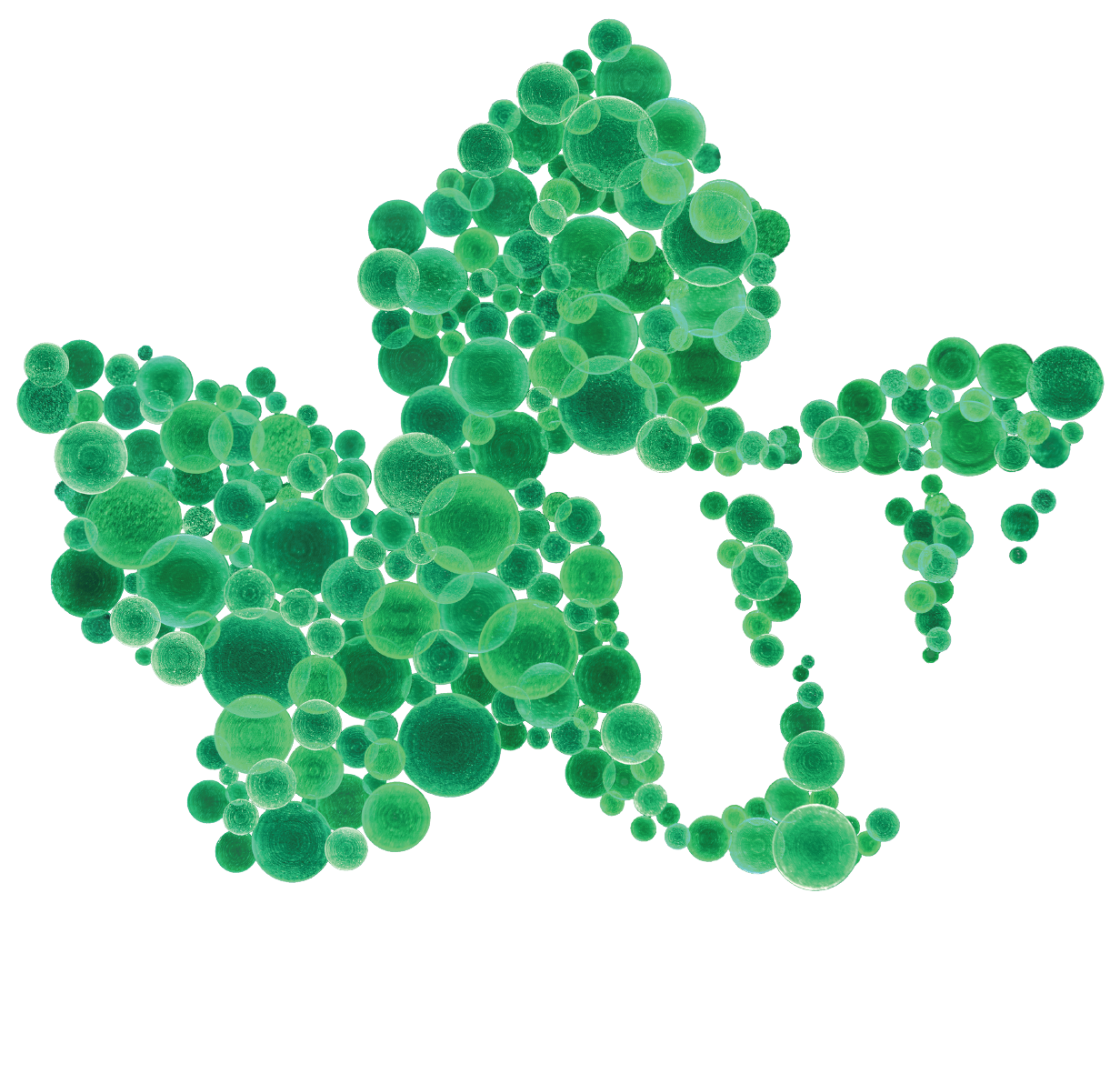Kendall College of Art and Design of Ferris State University’s (KCAD) Wege Prize, a transdisciplinary design competition for undergraduate students focused on the wicked problem of creating a circular economy, has revealed the 16 teams participating in the 2016 competition.
Now in its third year, the competition has moved to an international level, drawing participation from three universities in the Netherlands: the University of Amsterdam, Utrecht University, and Wageningen University; Anglia Ruskin University in Cambridge, UK; and EARTH University in Costa Rica, as well as fourteen different colleges and universities in the United States: Aquinas College, Arizona State University, Belmont University, Central Michigan University, Grand Rapids Community College, Grand Valley State University, Kendall College of Art and Design of Ferris State University, Michigan State University, O’More College of Design, Rice University, Roanoke College, the University of Detroit-Mercy, the University of Michigan, and Westchester Community College.
The teams also showcase a remarkable disciplinary diversity as well, with 57 unique majors of academic study represented in the field.
“We’re very excited to see such a strong field of competitors, especially given that this is the first year of our transition to an international level. Opening Wege Prize up to the world widens the perspective with which we can approach the world’s wicked problems, and we’re anticipating some very interesting ideas emerging from this year’s teams,” said Gayle DeBruyn, competition organizer and Chair of the Collaborative Design and Furniture Design programs at KCAD. Wege Prize is powered by KCAD with support from Michigan-based non-profit The Wege Foundation.
Wege Prize challenges teams of five to revolutionize the world’s linear economic models into ones which are regenerative by designing a product, service, or business model that could function within and help create a circular economy – a model in which resources can be re-adapted for use without limiting the desirability of products or the flow of revenue. Teams were again required to represent at least two different academic institutions and at least three different academic disciplines.
All 16 teams were required to submit a research plan as a part of their team registration. Now, teams’ next challenge is to translate their research into a concrete draft of a full-develop solution, focusing on customer/user need, economic feasibility, a sound business model, and the relation of the product, service, or business model to the larger system of the circular economy. The solution drafts are due by November 30, 2015.
Solution drafts will then be reviewed by a panel of expert judges, who will then choose the teams that will move onto the third phase of competition, in which teams must develop and submit a final draft of their solution, due by March 1, 2016. The judges will then review the final drafts and select the finalist teams that will present their solutions live at the Wege Prize 2016 Awards on May 14, 2016 in Grand Rapids, MI, where $15,000 will be awarded to the first-place team while $10,000 and $5,000 will be awarded to the second and third-place teams, respectively.
For a complete breakdown of teams competing in Wege Prize 2016, visit wegeprize.org/2016-teams.


